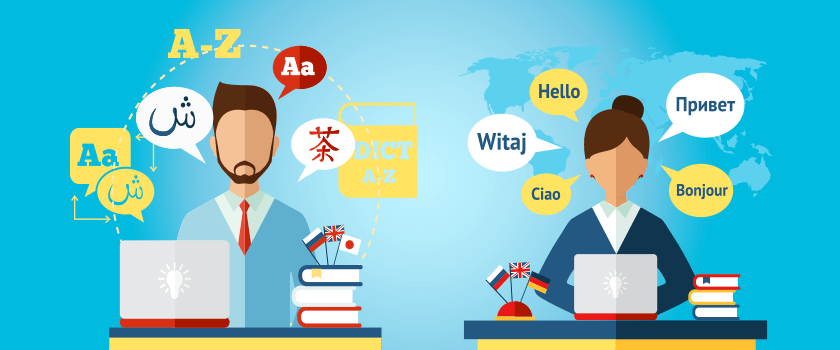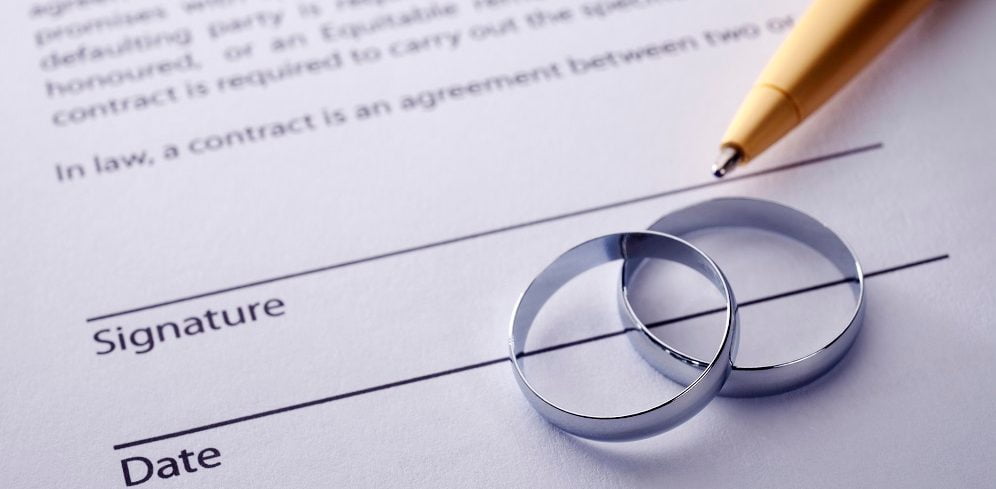The industrial segment of the UAE has been developing intensively during the last decade and is one of the central elements of the economic improvement of the state. As the manufacturing industry, energy, logistics, construction, and intelligent technologies have advanced, companies have become highly dependent on imported equipment, sophisticated devices, and new digital technologies. All these systems are accompanied by technical manuals, product guides as well as operation instructions that should be well comprehended by host teams. It is here the technical translation would be essential. The translation of technical manuals and product guides to languages widely spoken in the UAE including Arabic and English will ensure that the engineers, technicians, operators and end-users have to follow the right procedures without being misinterpreted. The safety, efficiency and compliance in an industry where performance directly relates to accuracy are facilitated through clear translation.
The role played by translation in business safety and efficiency
Technical documents and product manuals include critical information, including installation directives and maintenance, safety precautions as well as troubleshooting. Any confusion that is brought about due to poor translation may result in misuse of equipment, equipment breakdown or crash. In the case of oil and gas industry, construction, air transport and manufacturing even a small misinterpretation of instructions can cost damages or even safety. Translated documentation also provides reliability in the information given to all the staff members, irrespective of their native language, which is dependable, consistent and matched with the initial meaning.
Most of the industrial firms in UAE work with multinational teams whereby engineers are of different nationalities and languages. Manuals translated in other languages fill this communication step. In case of equipment being supplied by foreign companies or suppliers, the original copy of the document is in languages such as German, Chinese, French or Japanese. The translation of such materials into the Arabic or English standard translates the knowledge to the whole workforce. This single-mindedness leads to increased teamwork and helps in smooth coordination of various departments which relate to clear technical directions to execute the operational activities in the process.
The Requirement of the Skills to Translate Manuals and Product Guides
Translation of technical manuals is a very specialised process. It entails much beyond language ability; it involves insight into the industrial processes, engineering theories and technicalism. The translator has to be conversant with vocabulary specific to the subject and also know how to read complicated diagrams, work flows and system descriptions to the letter. A professional technical translator is aware that the manuals should be translated in a manner that is most accurate and practical such that the text is easily comprehensible without compromising the purpose.
The translators of the documentation sector in the UAE also need to be aware of the local regulations and compliance requirements. In a good number of industries, there are certain technical standards and rules of safety and it implies that the translated texts need to be based on approved terminology and accepted standards. Regardless of the connotation of the document in question, be it electrical systems, mechanical equipment, chemical processing or digital infrastructure, the requirement of accuracy in terminology is critical to regulatory acceptance and safe usage.
The other important aspect of technical translation is consistency. There can be repetitive terminologies in an equipment manual in several parts, diagrams and troubleshooting pages. When the translator would have words in place of the same constituent or role, there would be chances of confusion or misunderstanding of instructions by the users. To avoid it, professional translators use translation memory tools and technical glossaries to provide the probability of the same terminology usage throughout the document. This uniformity improves the readability and gives the user more confidence over the documentation.
Manuals and Guides that are regularly used in the Industrial sector in the UAE
The industrial environment of the UAE is a highly diverse sphere with a variety of documentation requirements. Machinery and equipment technical manuals are one of the most commonly translated ones. These are: installation manuals, operating manuals, maintenance manuals, assembly diagrams, process flow charts and repair handbooks. New technology, tools and systems product guides are also usually translated to facilitate training and orientation procedures.
Digital product documentation, including software manuals, programming guides, system integration directions and user interface specifications are also becoming a sought-after item as industries go smart and automated. Documentation work relating to safety such as risk assessment guidelines, emergency response and compliance handbook etc. should also be properly translated to ensure that none of the safety protocols should be flouted under any circumstances. The translation of each of these types of documents needs to adopt a method which gives the document precision and at the same time understandable to the end user.
Why Translations of High Quality are Beneficial to the Industrial Development of the UAE
The UAE wants to become the international industrial and logistic centre. The vision is backed by high-quality translation of technical manuals in developing a proven and steady line of communication between international manufacturers and local operators. Documentation translation makes foreign technology to be adopted by local teams with ease and safety. This enhances performance of equipment, downtime as well as increased productivity in industrial roles.
Moreover, the proper translation contributes to training and development of skills. As the staff learn how to use the complicated equipment fully because the manuals are well translated, training would be more efficient resulting in a better and self-assured workforce. This will be in line with the larger objectives of the UAE in promoting innovation and industry diversification as well as developing technical capacity in the country.
Unambiguous and appropriate product instruction also enhances customer satisfaction by the suppliers and the manufacturer of the UAE. Companies such as those supplying professionally translated documents show that they value quality and are helpful to the users, which makes them more competitive in the regional market.
Conclusion
The process of translating technical manuals and product guidance is a very crucial part of the industrial business in the UAE. The technological level of industries in the country increases, creating more interdependence; this is why the demand of exact translations also increases. Technical translation is safer, effective and compliant to meet the challenge of successful integration of advanced machinery and technologies in the industrial sector. The translated manuals with the right skills will enable users to make decisions, improve performance in the operations and also create a continuous industrial growth in the UAE.


